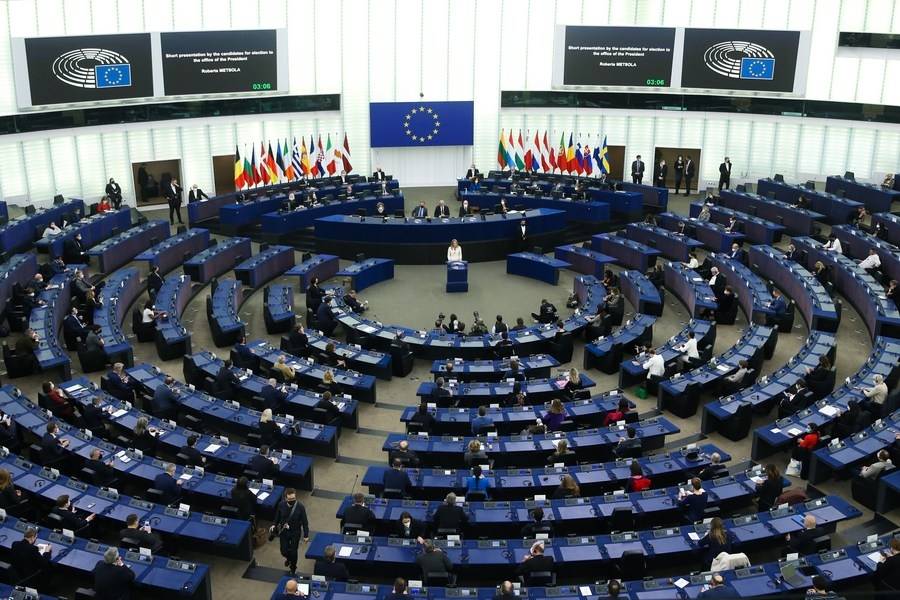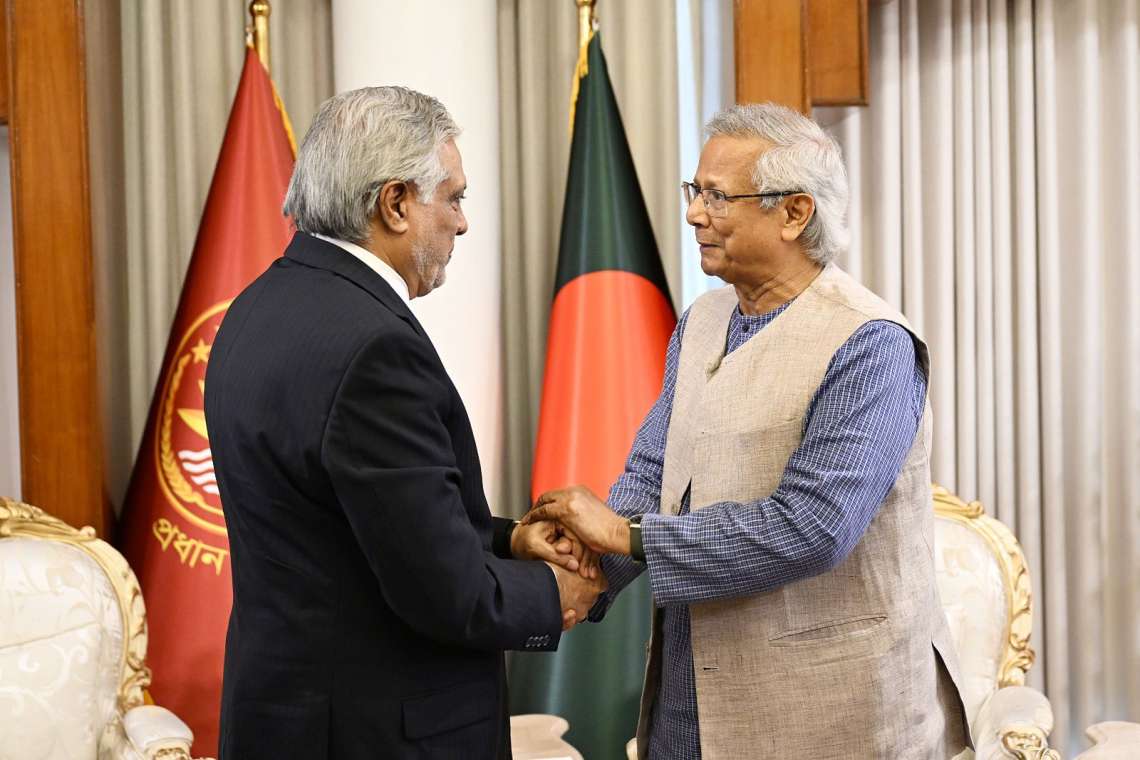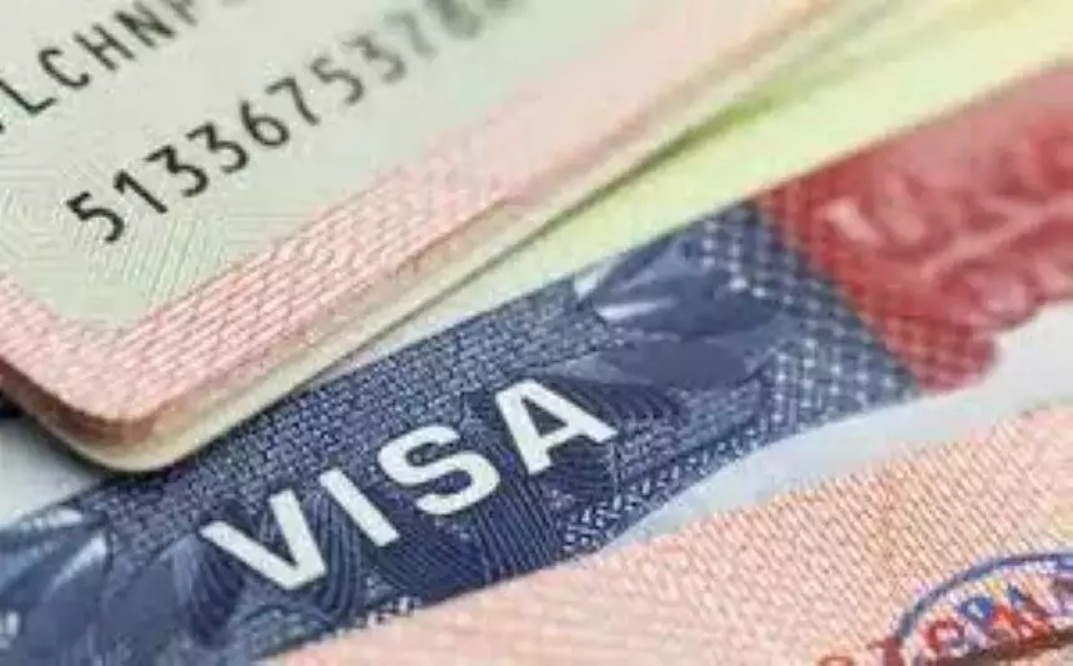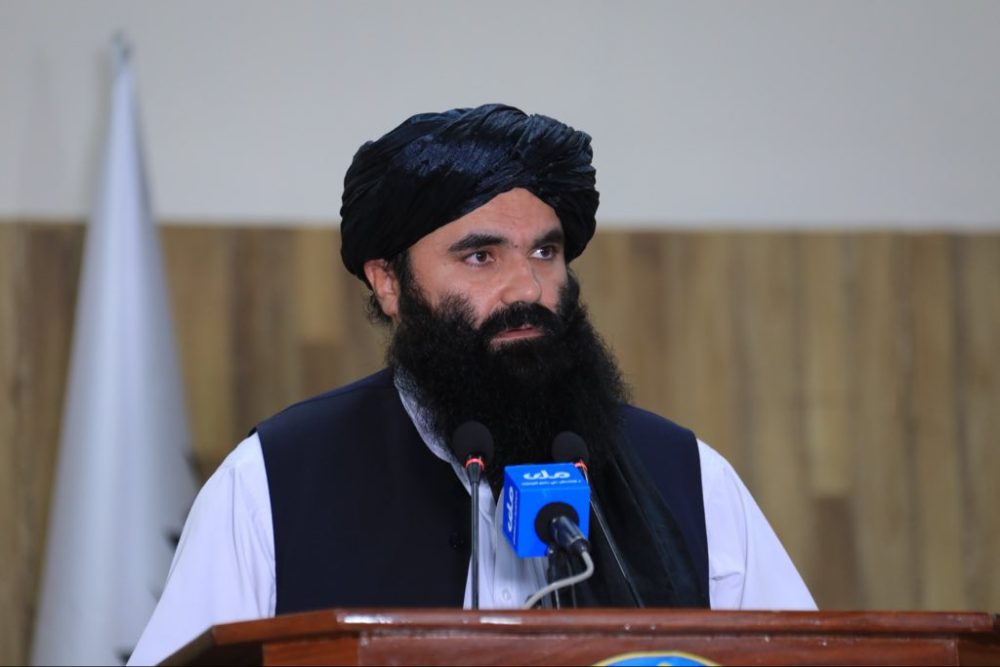The report quoted her as saying, “It’s time for the EU to recognize what happened in Bangladesh as a crime against humanity, more than 50 years after the nation was plunged in blood and tyranny.”…reports Asian Lite News
The European Parliament hosted an event, titled ‘The Forgotten Genocide: Bangladesh 1971’, on July 3 to underscore the true nature of the atrocities committed by the Pakistan Army and its local collaborators 52 years ago can no longer be ignored, Human Rights Without Frontiers (HRWF) reported.
The panel of speakers included Andy Vermaut, a human rights activist and president of Postversa, who delivered a passionate address on the victims of the Bangladesh genocide of 1971 and their kin. The event was moderated by Manel Msalmi, International Affairs advisor to MEPs, who spoke on the importance of recognition of the Bangladesh Genocide of 1971.
The event was attended by people representing different nationalities, including students from academic institutions in Belgium.
In 1971, the deaths of three million people, rape of more than 2,00,000 women, and the 10 million who fled the atrocities and took refuge in India, as well as the 30 million who were internally displaced, shocked many people around the world, the report noted.
“The attempt by the Pakistan military to destroy the Bengalis as a people during the Bangladesh War of Independence was recognised by some people, for what it was. However, the headline in the London Sunday Times read simply ‘Genocide’,” stated the HRWF report.
The piece claimed further that a Pakistani commander was quoted as making the genocidal intention clear, stating, “We are determined to rid East Pakistan of the threat of cessation, once and for all, even if it means killing two million people and ruling it as a colony for 30 years”.
“The target for killings was surpassed but East Pakistan nevertheless achieved independence as Bangladesh. Even after more than 50 years, those terrible events have still not been recognised as genocide,” the report stated further.
Fulvio Martusciello, a member of the European Parliament, hosted the event at the European Parliament.
As he couldn’t be present at the event physically, his speech was delivered by his representative Giuliana Francoisa.
MEP Isabella Adinolfi, who also featured in the panel of speakers, focused on the brutalities faced by the Bengali women during the Bangladesh Genocide in 1971 and called for its recognition by the European Parliament, the report stated.
The report quoted her as saying, “It’s time for the EU to recognize what happened in Bangladesh as a crime against humanity, more than 50 years after the nation was plunged in blood and tyranny.”
Global Human Rights Defence, an international human rights organisation based in The Hague, held a conference in the European Parliament, the objective of which was to convince members of European Parliaments (MEPs) and the wider society that the time has come for Europe and the world to recognise the genocide that was so swiftly forgotten in many countries after 1971, HRWF reported.
Sradhnanand Sital, president, Global Human Rights Defence, said after the Second World War Europe had said ‘never again’ but in Bangladesh there had been organised genocide, not only against the Hindu minority (who were especially targeted) but all Bengalis.
The director of Human Rights Without Frontiers, Willy Fautre, explained how years of persecution had culminated in the genocide. Since its foundation in 1947, Pakistan had been politically and militarily dominated by West Pakistan, where Urdu was the main language. Whereas, the most populous part of the new state was Bengali-speaking East Pakistan. Within a year, Urdu was attempted to be proclaimed the sole national language, the report noted further.
Decades of ethnic and linguistic discrimination against Bengalis followed, with their literature and music banned from state media. The oppression was reinforced by military rule. Although, in December 1970 an election was held where the Awami League, led by Father of the Nation of Bangladesh Bangabandhu Sheikh Mujibur Rahman, swept to victory, it added. (ANI)
ALSO READ-Global Human Rights Defence raises awareness of Bangladesh genocide














